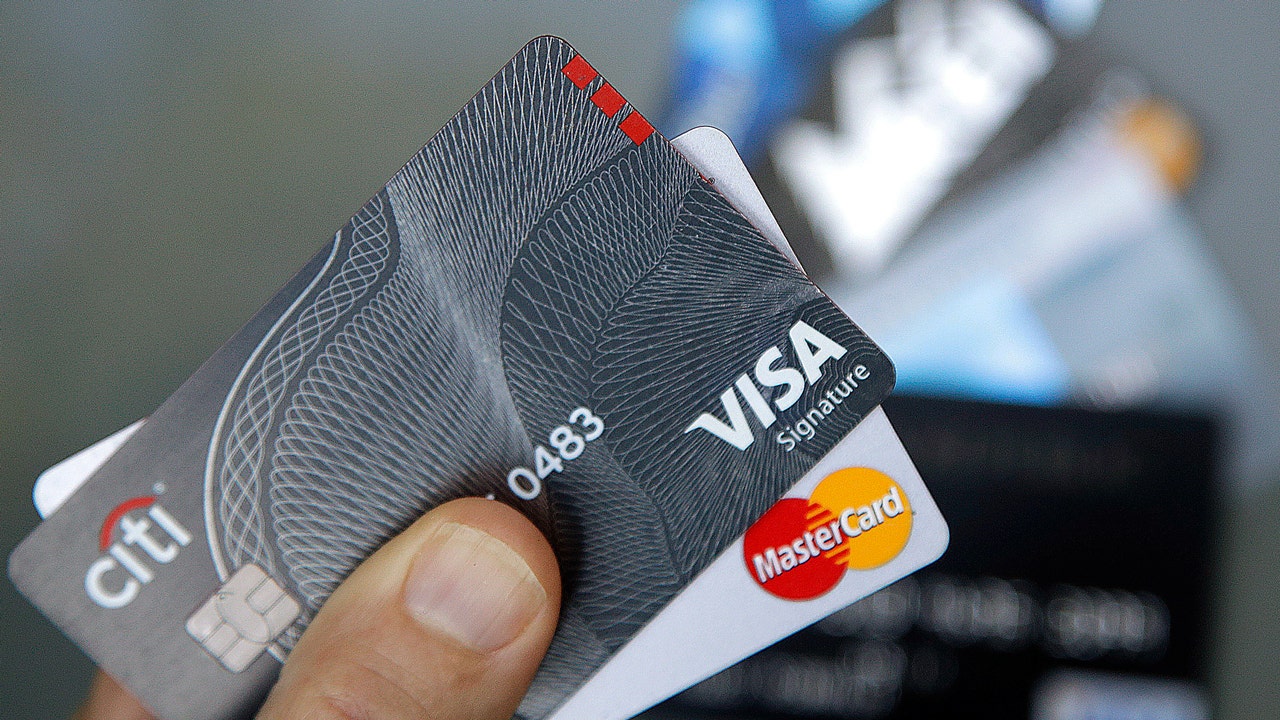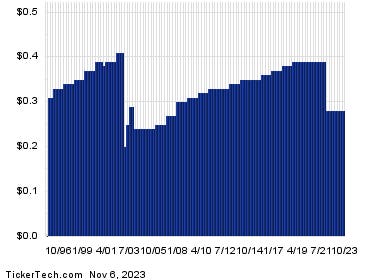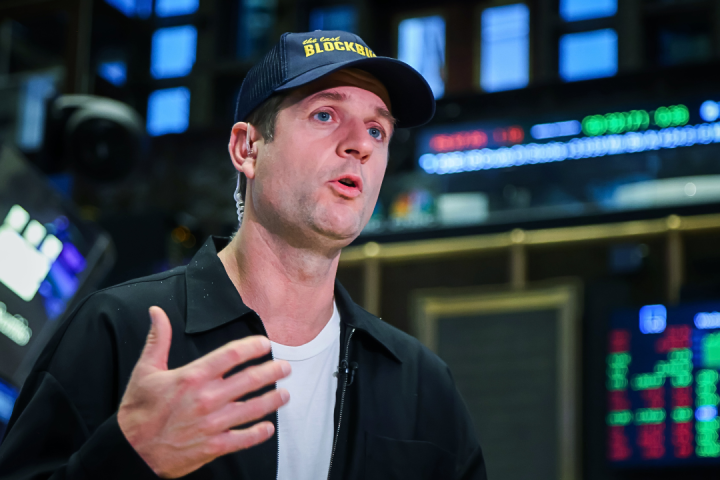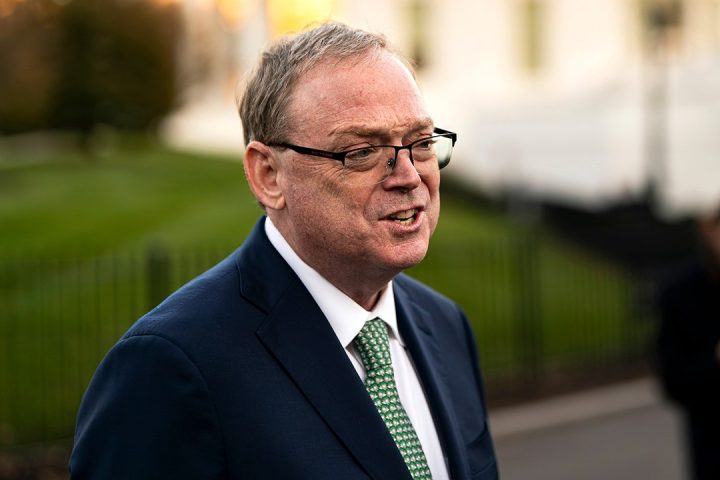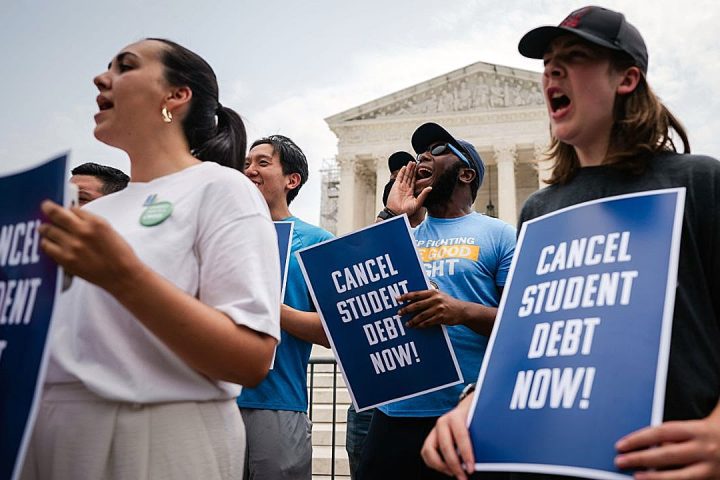Americans are racking up more credit card debt as still-high inflation and steep interest rates continue to make the cost of everyday necessities more expensive.
The New York Federal Reserve Bank’s Quarterly Report on Household Debt and Credit, slated for release on Tuesday morning, is expected to show that credit card debt marched incrementally higher during the three-month period from July through September, smashing a previous high of $1 trillion, according to Matt Schulz, the chief credit analyst LendingTree.
That would mark a major reversal from just three years ago when households were rapidly paying off credit card debt with the stimulus payments they received during the COVID-19 pandemic.
“We’ve seen pretty sizable jumps in credit card debt in most of the last year and a half,” Schulz told FOX Business. “I don’t know that we’ll see quite that big of a jump this time around. But I would also be surprised if we saw a decline.”
A FED PAUSE LIKELY WON’T HELP STRUGGLING CONSUMERS
The rise in credit card usage and debt is particularly concerning because interest rates are astronomically high right now. The average credit card annual percentage rate, or APR, hit a new record of 20.72% last week, according to a Bankrate database that goes back to 1985. The previous record was 19% in July 1991.
If people are carrying debt to compensate for steeper prices, they could end up paying more for items in the long run. For instance, if you owe $5,000 in debt — which the average American does — current APR levels would mean it would take about 279 months and $8,124 in interest to pay off the debt making the minimum payments.
“It’s been a really rough year and a half for folks with credit card debt, watching interest rates rise,” Schulz said. “When you combine rising interest rates and lingering inflation, it makes it really tough on folks with credit card debt and for folks who are living paycheck to paycheck who may need to use their credit card to make ends meet. It’s a difficult time.”
| Ticker | Security | Last | Change | Change % |
|---|---|---|---|---|
| V | VISA INC. | 243.73 | +0.13 | +0.05% |
| MA | MASTERCARD INC. | 386.12 | -0.03 | -0.01% |
| JPM | JPMORGAN CHASE & CO. | 144.15 | +1.16 | +0.81% |
| BAC | BANK OF AMERICA CORP. | 28.32 | -0.11 | -0.37% |
| DFS | DISCOVER FINANCIAL SERVICES | 86.43 | -0.75 | -0.86% |
The inflation spike has created severe financial pressures for most U.S. households, which are forced to pay more for everyday necessities like food and rent. The burden is disproportionately borne by low-income Americans, whose already-stretched paychecks are heavily affected by price fluctuations.
Although inflation has cooled considerably in recent months, it remains up 3.7% compared with the same time one year ago, according to the most recent Labor Department data.
A rise in credit card debt can sometimes be a sign that Americans are confident in the economy, using it as a way to pay for a vacation, remodel their home or start a small business. But in this case, Schulz said he believes it’s likely evidence that individuals are struggling under the constant pressure of high inflation.
“I would suspect that currently and for the last few quarters, a lot of the growth has been on the side of people needing to take on that debt, versus people feeling confident,” he said.
Schulz encouraged credit card holders with debt to explore their options, including calling and asking for a lower credit card APR, getting a 0% balance transfer credit card, reassessing their budget in order to better tackle the debt, exploring a high-yield savings account to take advantage of high interest rates and focusing on improving their credit score.
“The good news is that people do have options, particularly if you’ve got pretty good credit,” he said.
Read the full article here
